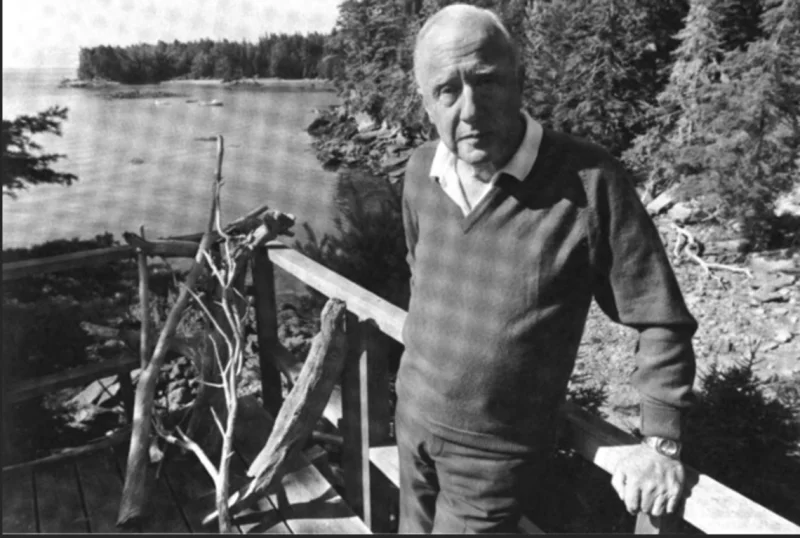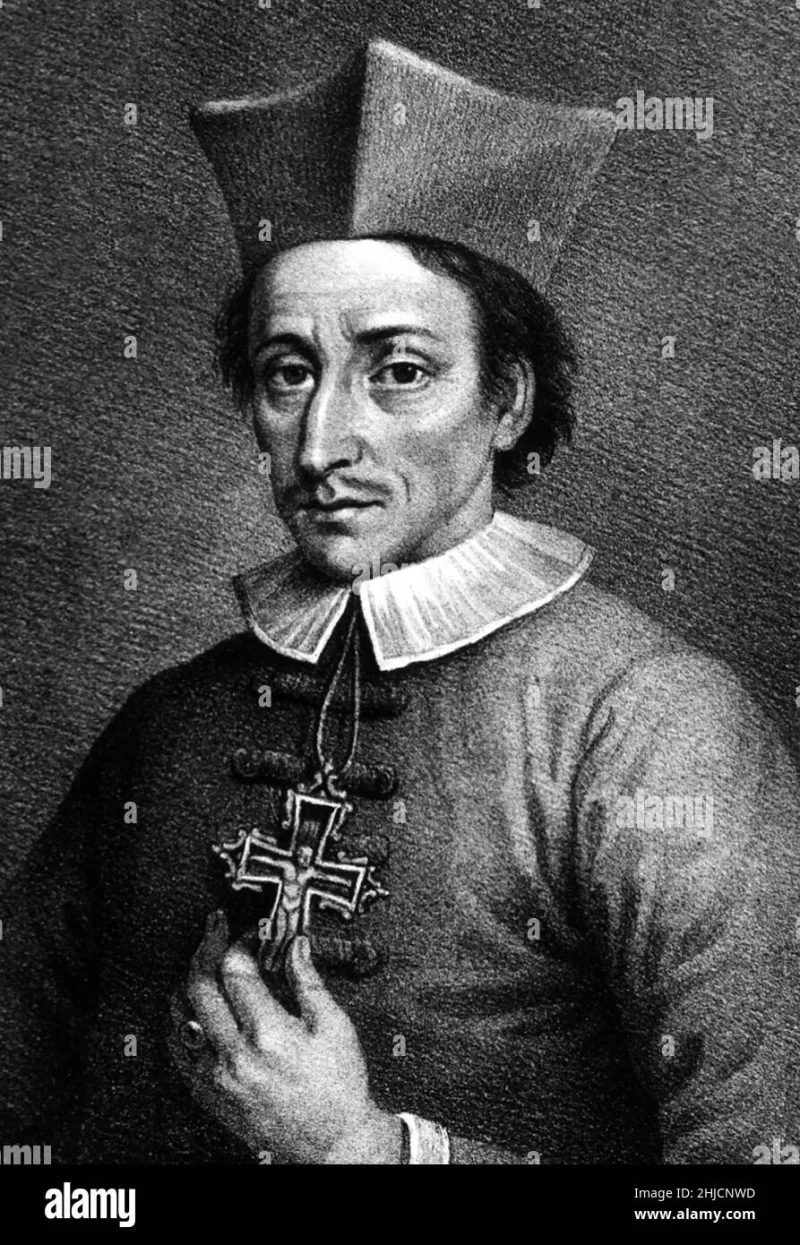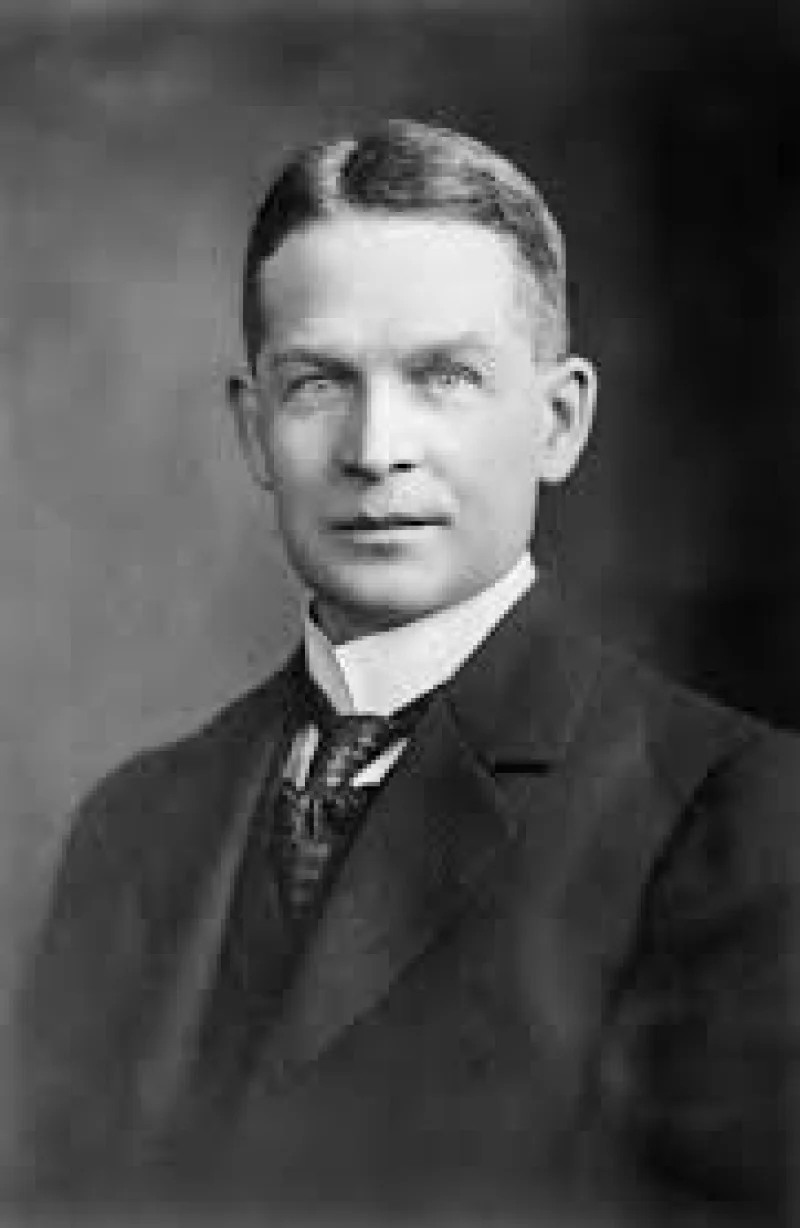Short Summary
Charles Nicolle was a distinguished French bacteriologist renowned for his groundbreaking work on infectious diseases. He is most famous for discovering the transmission of typhus through lice, a revelation that significantly advanced the understanding and control of the disease. Nicolle's contributions to bacteriology earned him the Nobel Prize in Physiology or Medicine in 1928. His work has had a lasting impact on public health and the prevention of infectious diseases.
Early Life & Education
Charles Nicolle was born on September 21, 1866, in Rouen, France, into a family with a strong intellectual background. His father was a physician, which likely influenced his early interest in the medical sciences. Nicolle pursued his education at the University of Rouen and later at the Pasteur Institute in Paris, where he studied under prominent scientists of the time. His early exposure to medicine and the rigorous scientific training he received laid the foundation for his future contributions to bacteriology.
Career Highlights
Nicolle began his career as a hospital physician before transitioning into research. In 1903, he became the director of the Pasteur Institute in Tunis, where he conducted his most significant work. It was there that he identified lice as the vector for typhus transmission, a discovery that marked a turning point in the fight against this deadly disease. Throughout his career, Nicolle published numerous papers on infectious diseases, contributing valuable knowledge to the field of microbiology and public health.
Major Achievements
- Discovered the role of lice in the transmission of typhus, revolutionizing disease control.
- Published influential research on microbial infections and their prevention.
- Received the Nobel Prize in Physiology or Medicine in 1928 for his work on typhus.
- Directed the Pasteur Institute in Tunis, enhancing its reputation as a leading research facility.
Famous Quotes
- "It is easier to prevent than to cure."
- "Science knows no country, because knowledge belongs to humanity, and is the torch which illuminates the world."
Interesting Facts
- His brother, Maurice Nicolle, was also a prominent bacteriologist.
- Nicolle kept a diary detailing his research and personal reflections.
- He was an accomplished writer, publishing several works on both scientific and philosophical topics.
- Despite his focus on research, he remained dedicated to teaching and mentoring young scientists.
Legacy / Influence
Nicolle's discovery of the transmission mechanism of typhus had a profound impact on public health strategies, leading to more effective prevention and control measures. His work laid the groundwork for future research in infectious diseases and inspired generations of scientists to pursue advancements in microbiology and epidemiology. Nicolle's contributions continue to be recognized in scientific circles and have helped shape modern approaches to disease prevention.
FAQ
Q: Why is Charles Nicolle famous?
A: He is famous for discovering the transmission of typhus through lice, which earned him the Nobel Prize in 1928.
Q: What was Charles Nicolle's main field of study?
A: His main field of study was bacteriology, with a focus on infectious diseases.
Q: Where did Charles Nicolle conduct his most significant research?
A: He conducted his most significant research at the Pasteur Institute in Tunis.
Q: Did Charles Nicolle receive any awards for his work?
A: Yes, he received the Nobel Prize in Physiology or Medicine in 1928.












